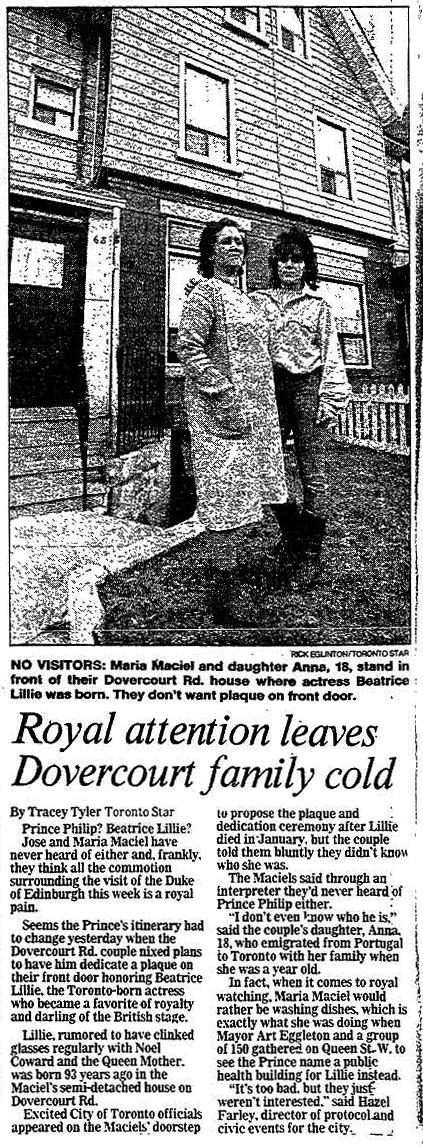This installment of my "Ghost City" column for The Grid was originally published on November 27, 2012.
 |
| Queen-Lisgar library branch, 1909. Toronto Public Library. |
When the
Theatre Centre launches
its new space in the old Queen-Lisgar library next year, it’s unlikely there will be as many disappointed faces as have witnessed past grand openings at 1115 Queen Street West.
The building’s origins date back to 1903, when philanthropist Andrew Carnegie granted $350,000 to the city to build a new central library and three neighbourhood branches. The grant allowed the Toronto Public Library to own sites rather than rent existing buildings. In the case of Queen-Lisgar, it replaced a 20-year-old branch rented on Ossington Avenue that had inherited the collection of an earlier Parkdale library. The new building was designed in a Beaux-Arts style by City Architect Robert McCallum, whose other surviving projects include the palm house in Allan Gardens. During its official opening on April 30, 1909, Chief Librarian George Herbert Locke assured the audience that the shelves would be fully stocked by the following week. Another speaker noted that the library would include special facilities for mechanics and students, but “the sort of fiction ladies were reputed to be fond of would occupy a secondary place.”
 |
| Ground floor, Queen and Lisgar library branch, 1911. Toronto Public Library. |
In May 1957, the Toronto Public Library introduced its Foreign Literature Centre at Queen-Lisgar. Representatives from local ethnic media were invited to witness the library’s efforts to streamline the system’s disorganized, non-catalogued non-English materials. “Their astonished gazes quickly fell on exactly 792 books in a few languages other than English,” observed Mary Finch, who was hired to centralize the collection. “Not knowing the extent of the collection in the branches, they were, needless to say, very disappointed. Perhaps our customers, like us, had imagination, vision, and, most of all, hope that one day, not too far distant, there would be shelves and shelves of Polish and French and German and Russian and Ukrainian and other languages too numerous to mention.” Within six years, the collection grew to 11,000 titles encompassing over 60 languages.
The library continued to serve the community until 1964, when its collections were moved to a new branch further west along Queen Street in Parkdale. The building was converted into a Department of Public Health office. It received royal attention in March 1989 when Prince Philip dedicated a plaque to recently deceased actress
Beatrice Lillie. The stage legend was actually born nearby at 64 Dovercourt Road, but homeowners Jose and Maria Maciel refused to allow the city to place any memorial marker on their house. According to a
Star report, the Maciel family had never heard of Lillie or the prince.
 |
| Toronto Star, March 15, 1989. |
In the mid-2000s, when the plan to replace the artist spaces just west at 48 Abell Street with condos erupted into a battle over future development in the Queen West Triangle, community group Active 18 proposed that, in exchange for permitting more residential density in the neighbourhood, developers should finance community improvements, such as converting the old library into a theatrical space. That vision became reality this year when funding from Urbancorp and all three levels of government allowed the Theatre Centre to renovate the building into its first permanent home after three decades of nomadic existence. Current plans call for a 200-seat performance space, rehearsal lab, galleries, and no underutilized bookshelves.
Additional material from A Century of Service: Toronto Public Library 1883-1983 by Margaret Penman (Toronto: Toronto Public Library, 1983), the May 1, 1909 edition of the Globe, and the March 15, 1989 edition of the Toronto Star.




Comments